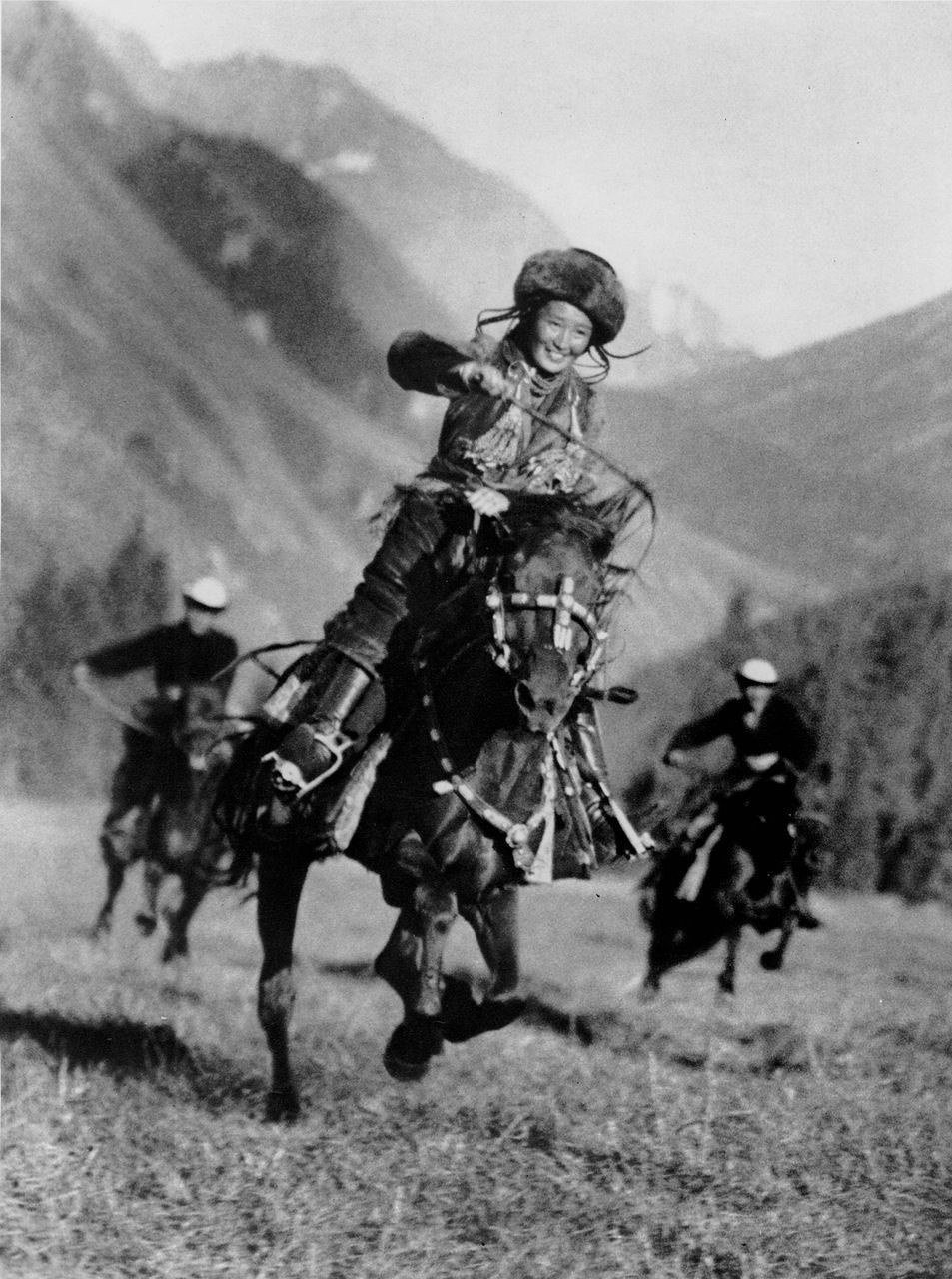this post was submitted on 09 Nov 2024
278 points (98.9% liked)
HistoryPorn
5072 readers
246 users here now
If you would like to become a mod in this community, kindly PM the mod.
Relive the Past in Jaw-Dropping Detail!
HistoryPorn is for photographs (or, if it can be found, film) of the past, recent or distant! Give us a little snapshot of history!
Rules
- Be respectful and inclusive.
- No harassment, hate speech, or trolling.
- Engage in constructive discussions.
- Share relevant content.
- Follow guidelines and moderators' instructions.
- Use appropriate language and tone.
- Report violations.
- Foster a continuous learning environment.
- No genocide or atrocity denialism.
Pictures of old artifacts and museum pieces should go to History Artifacts
Illustrations and paintings should go to History Drawings
Related Communities:
founded 2 years ago
MODERATORS
you are viewing a single comment's thread
view the rest of the comments
view the rest of the comments

Fast film (you can see how grainy it is when you zoom in a little) and shooting in full bright sun = you can shoot very short exposure and freeze motion. There were already cameras in the 1930s with mechanical shutters that could do 1/500th and even 1/1000th of a second exposure, which is plenty fast for this type of shot.
The lens looks pretty fast too - depth of field is very shallow, although part of that is also due to possible use of medium or large format - faster lens (lower f stop) and larger film both allow more light capture, and therefore faster exposure as well, but at the cost of less depth of field.
Edit: here is a good print of the full frame - looks like ~1.50 ratio, so probably 35mm film (not medium or large format) - I can't find a lot of information about what cameras Max Alpert used in the 30s, although he did use a 35mm Leica on at least some photos from that era. A Leica III could do 1/1000 in 1935 for example. The early Soviet cameras from the 1930s were also basically direct copies of Leicas. The frame also looks a bit underexposed, which could be due to pushing the exposure for more speed.
Nice reply, btw. I thought it looked impressive at first, especially with the lack of motion blur but noticed the short depth of field which got me thinking a bit, but it stilled looked impressive. Your link is less sharp/more grainy so maybe the OP's image could be digitally enhanced? which would explain some of the quality.